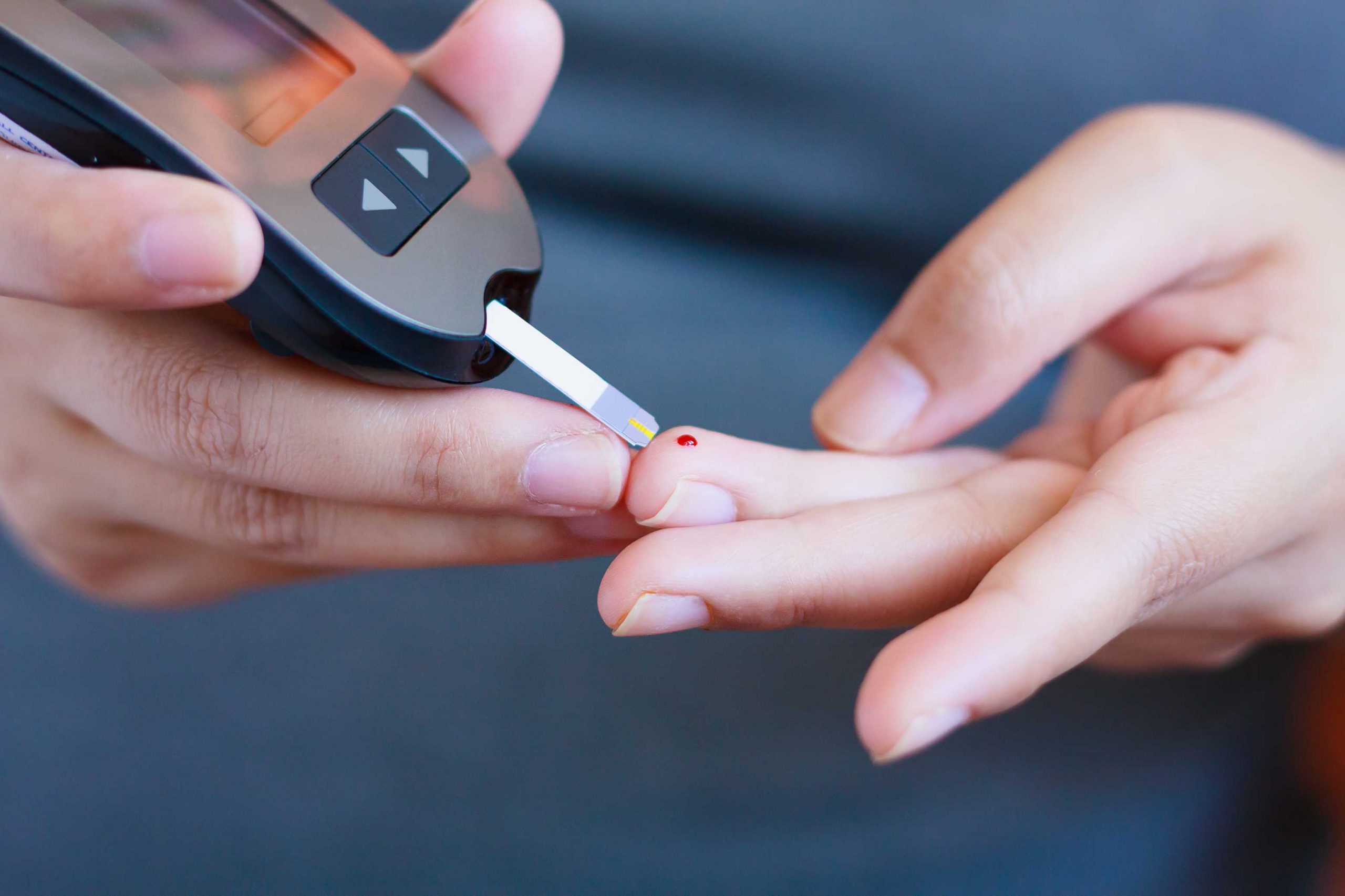Diabetes check ups are an extremely important part of diabetes care.
There are some diabetes checks that you can carry out at home with others offered by the NHS.
These checks are a vital part of weekly, monthly and annual diabetes care. There are some types of diabetes checks that you can carry out at homen, and others are offered by the NHS.
This includes glucose control, foot care, weight, and keeping a diary.
Checks for diabetes is where the individual can really make a difference to their own diabetes management, above and beyond the check ups offered by healthcare professionals.
Diabetes check ups for newly diagnosed people with diabetes
Diabetes check ups for children are a specialist subject, and parents and children will be taught how to check up on their diabetes by specialist diabetes healthcare professionals.
For adults, there are a range of educational courses to help people with diabetes understand their condition.
These courses include DAFNE and Bertie for type 1 diabetes, and DESMOND and Low Carb Program for type 2 diabetes.
These courses help show adults the type of diabetes check ups needed to ensure good diabetes care.
Education should include weight guidance, testing blood sugar, and how to look after your feet and eyes.
Daily diabetes check ups
Daily diabetes check ups should include feet and blood sugar.
Daily foot check ups are essential for people with diabetes.
Especially for those with a history of diabetes neuropathy, foot infections can spread very quickly.
Checking feet daily is a way to identify problems early. Daily blood glucose testing is not recommended for all diabetics, but Diabetes UK advises that all diabetics should test their blood sugar.
Testing and understanding what your blood sugar results mean is an essential way to manage diabetes. Understanding what to do if blood glucose is low or high is the key.
Your diabetes nurse will give you the training necessary to test and understand blood glucose levels
1 week-3 monthly check ups
A variety of weekly and monthly check ups can help you to look after your diabetes. HbA1c tests provide a three monthly guide to your average blood glucose levels. You should also check blood pressure monthly and review medication monthly.
If you are trying to lose weight, check your weight every week and visit your clinic if you need further help.
Professional check ups for diabetes
Whether you are trying to gain between control of weight, blood pressure or blood glucose professional help from your diabetes specialist nurse can help you to understand more about what your check ups mean. This type of monthly check is essential for those who are striving for good control. Regular patient-nurse contact for check ups is the key to excellent diabetes control.
Annual check ups for diabetes
Your diabetes doctor or nurse should conduct annual tests for a variety of different diabetes complications Many people with diabetes simply don’t get the check ups they need, and even if they do the results are often not acted upon.
Remember to share personal information with your doctor, including how you are feeling. Annual check ups should include eyes, feet, circulation, diet, weight, neuropathy, heart, blood pressure, thyroid, electrolytes, cholesterol, blood and more.
Annual educational check up
Diabetes check ups should include education.
Annual educational check up should include:
- Diet
- Lifestyle
- Exercise
- Insulin (if type 1 diabetic)
- Testing blood glucose
- Blood pressure
- Cardiovascular risk
- Relevant educational programs
Keep a diary to support your diabetes check ups
Check ups with healthcare professionals can be made much easier by keeping a diary. Diabetes specialist nurses should check your diary and inform you about your progress.
Write down your day to day problems, sugar levels and the results of your check ups. This could help you to fight diabetes complications.
Use the Internet to support your diabetes check ups
Diabetes check ups can be made much easier by using the Internet for support. The internet helps to improve contact between patients and fellow patients, and patients and professionals.









